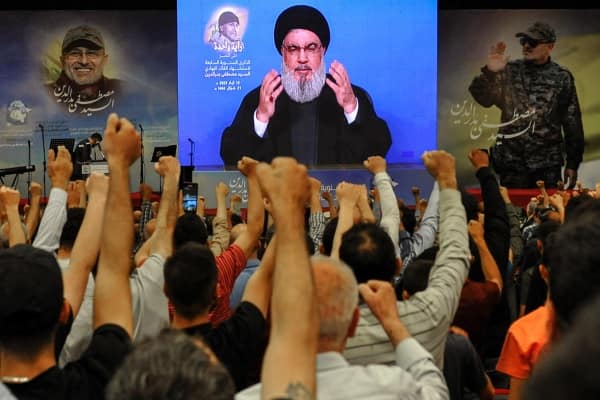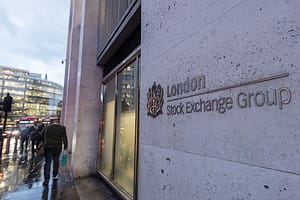Crude oil prices managed to recover today after three consecutive weeks of losses. Both major crudes, Brent and West Texas Intermediate, rose by more than 1%.
The gains come amid unprecedented geopolitical tensions in the Middle East with anticipation of the war expanding.
Today’s recovery in oil also reverses the sharp decline from Friday after mixed market sentiment.
In the Middle East, markets are focusing on the southern Lebanon front as fears of a regional war have reached their highest levels there, and this escalation may be followed by a larger and larger escalation that in turn may pose a hindrance to global energy supplies.
Israeli Prime Minister Benjamin Netanyahu has been authorized by the War Cabinet to determine the “timing and manner” of a response to Hezbollah after the attack on Majdal Shams last Saturday, in which the party has denied involvement.
Meanwhile, Israeli Foreign Minister Israel Katz has spoken of the approaching moment of a full-scale war with Hezbollah. Defense Minister Yoav Galant also said that the Israeli army is at full readiness, according to The Wall Street Journal.
While the ignition of the southern Lebanon front could lead to the ignition of other fronts from Syria, Iraq and Yemen, according to CNN, quoting Lebanese Foreign Minister Abdullah Abu Habib. This large-scale escalation is what the US administration has also warned the Israelis about, according to Axios.
Let’s not forget that the size of Hezbollah’s arsenal of guided and unguided weapons is not comparable to what it was in the 2006 war – much stronger than Hamas’ capabilities as well. The diverse arsenal, which includes precision-guided weapons, is capable of targeting deep inside Israel on land, at sea and even in the air, exhausting air defenses, according to a report by The Washington Post published earlier in July.
On the other hand, Abu Habib also spoke of assurances from third-party countries that Israeli military operations in Lebanon may be limited – not a full-scale war. This is also what Hezbollah officials believe, according to The Journal. The (stalled) ceasefire negotiations in Gaza were also resumed yesterday in Rome, which are being relied upon to defuse the regional war, also according to The Journal.
Therefore, we are facing all possible possibilities, whether a full-blown war or a limited escalation that may not lead to the entire region being ignited in the end.
Turning to Latin America, the renewal of the term of Venezuelan President Nicolas Maduro was announced after he won the presidential elections.
The renewal of Maduro’s term may be an obstacle to resuming relations with the United States and its allies and lifting sanctions, which in turn may hinder the return of Venezuelan oil supply to the market, which in turn will support prices in light of the global oversupply.
Away from politics, and on the economic side, markets continue to be optimistic about the possibility of the Federal Reserve cutting interest rates this year after the moderate reading of the Personal Consumption Expenditures (core PCE) Price Index for June. The probability of a 25-basis point Fed cut in September is about 90%, and another 25-basis point cut in November is 60%, in addition to a third 25-basis point cut in December with the same probability, according to the CME FedWatch Tool.
The high sentiment around the US rate cut was met with concerns about the future of crude demand from China even after the People’s Bank of China unexpectedly cut interest rates, which explains the sharp declines in oil prices last week.
Get real time update about this post category directly on your device, subscribe now.





Leave a Comment